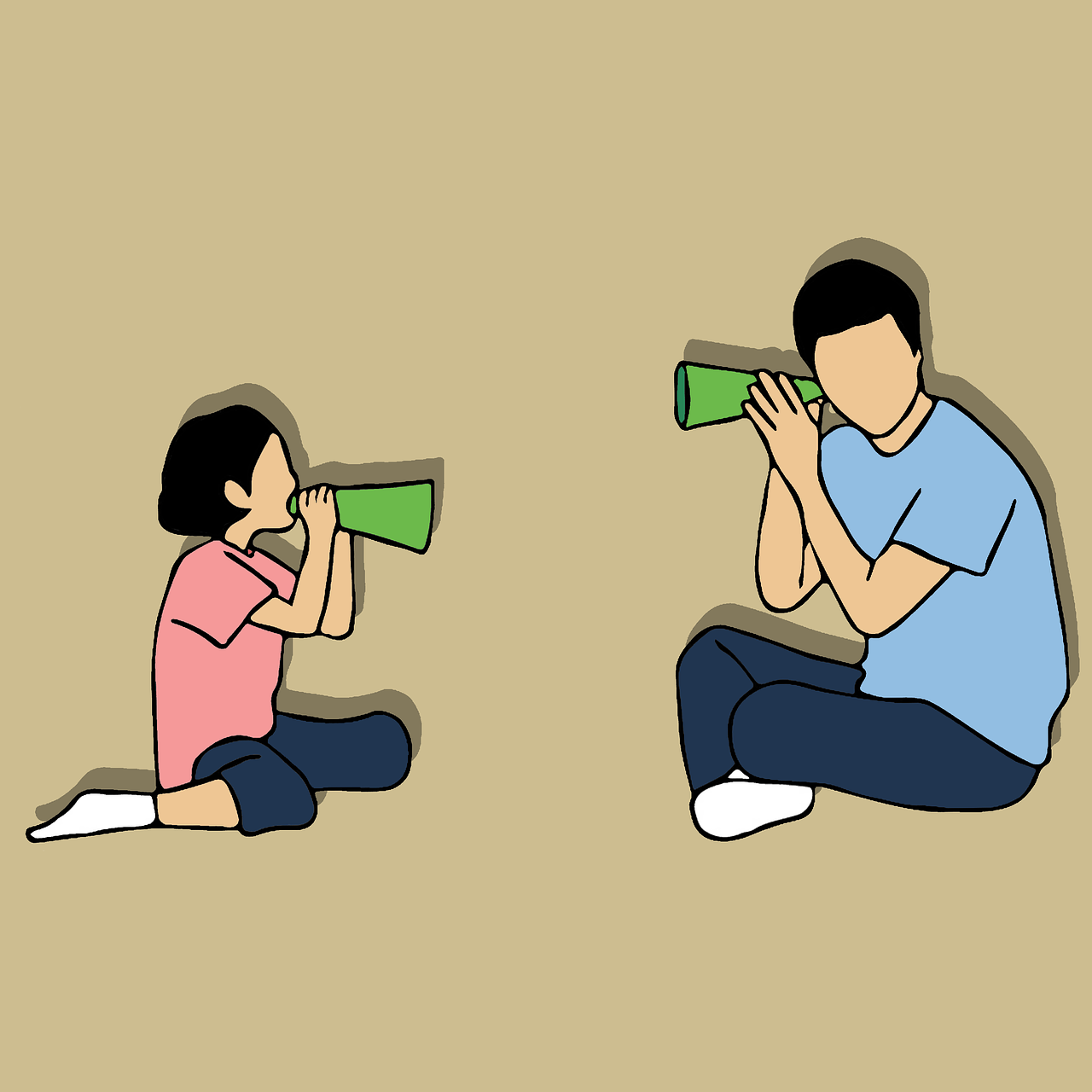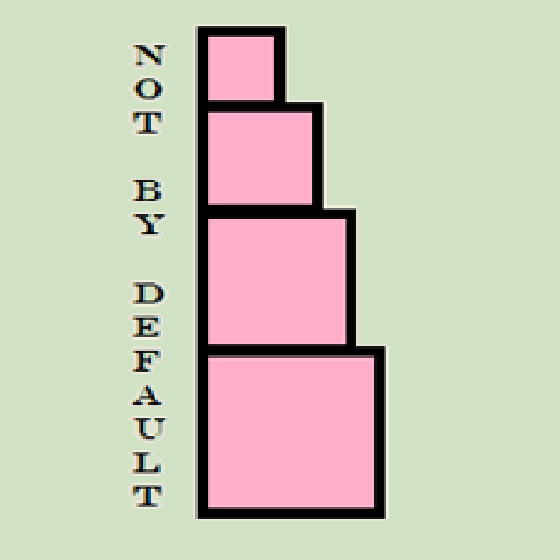


2) What were your parents like?
3) What were you like as a kid?
4) What are your parents like now?
5) How are they with your children?
6) Have you ever thanked them for the way they parented you?
7) Do you think they have regrets?
8) So, you said you spank like your parents did, do you do other things the same also?
9) Are there things you wouldn’t do like your parents?
10) Did you ever have a really bad teacher?
These are just a few conversation movers. I am listing them as ideas for how to propel a conversation away from an argument but still have childhood be remembered in a more accurate manner. We tend to skew things when remembering our past, but sometimes while recounting certain situations other memories come to the forefront as well. The last question about the bad teacher is one that I find people become very animated in discussing. We remember the adults who wronged us as children, and often in fantastic detail. I have also noticed that when people recount their bad teacher experiences it goes hand in hand with how their parents reacted to their experience at school. Again, this is not a trap. If they suddenly remember that their parents treated them poorly in a certain situation, or that they were perhaps not as perfect as they originally tried to argue it does not need to be pointed out. It is much more powerful to say nothing. To just listen. To show them the same respect that we advocate for on behalf of young children.
Ultimately when somebody says that they turned out fine there is absolutely nothing you can (or should) say to prove them wrong. It really is a case of your word, against their word. And maybe they really did turn out amazing! Still, any kind of reflection on childhood, on remembering the way it feels to be a child, the way helplessness feels. The way powerlessness feels. Any connection with their inner child so to speak can only work to help in moving past that argument and into much more productive conversation.
